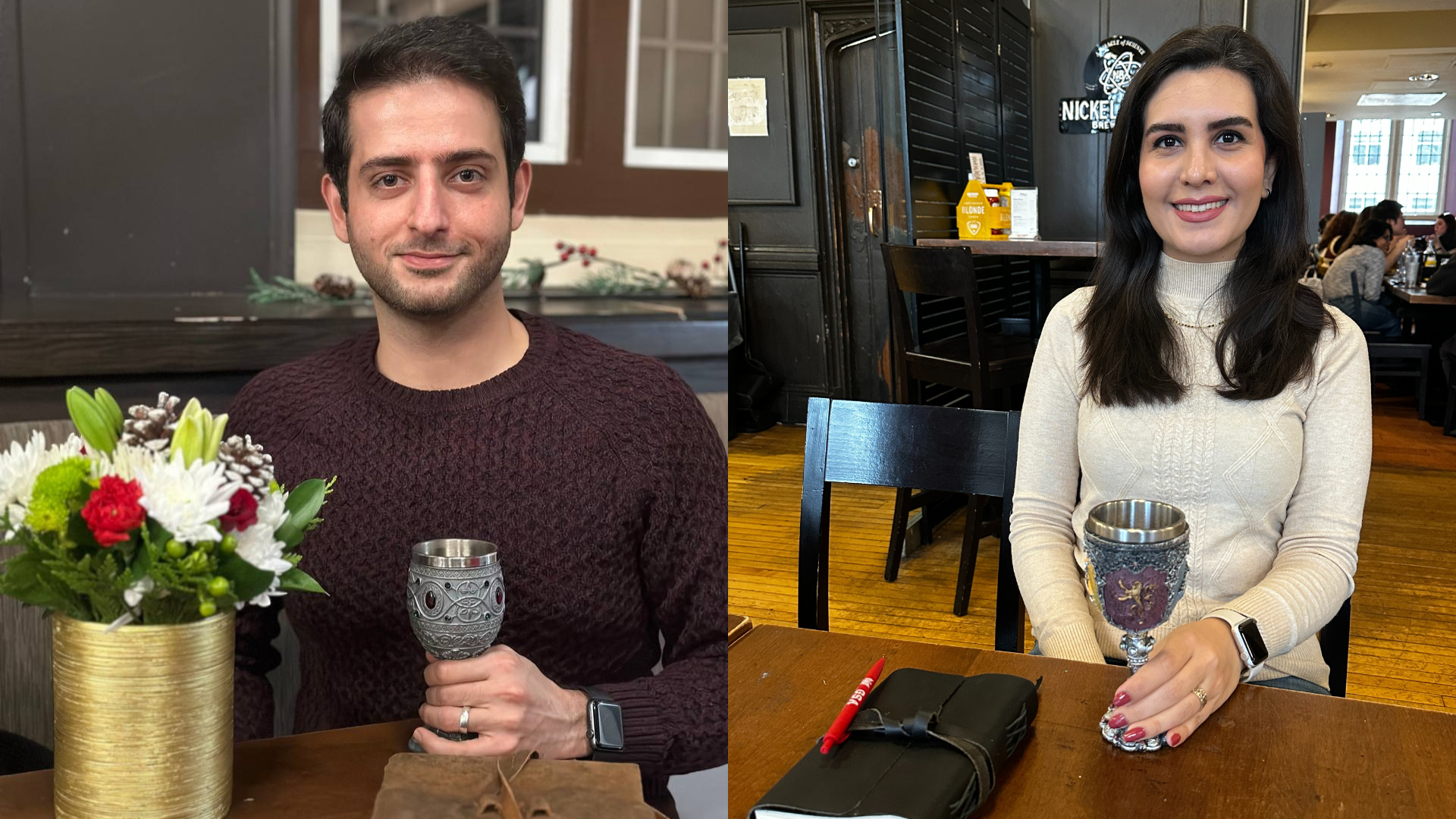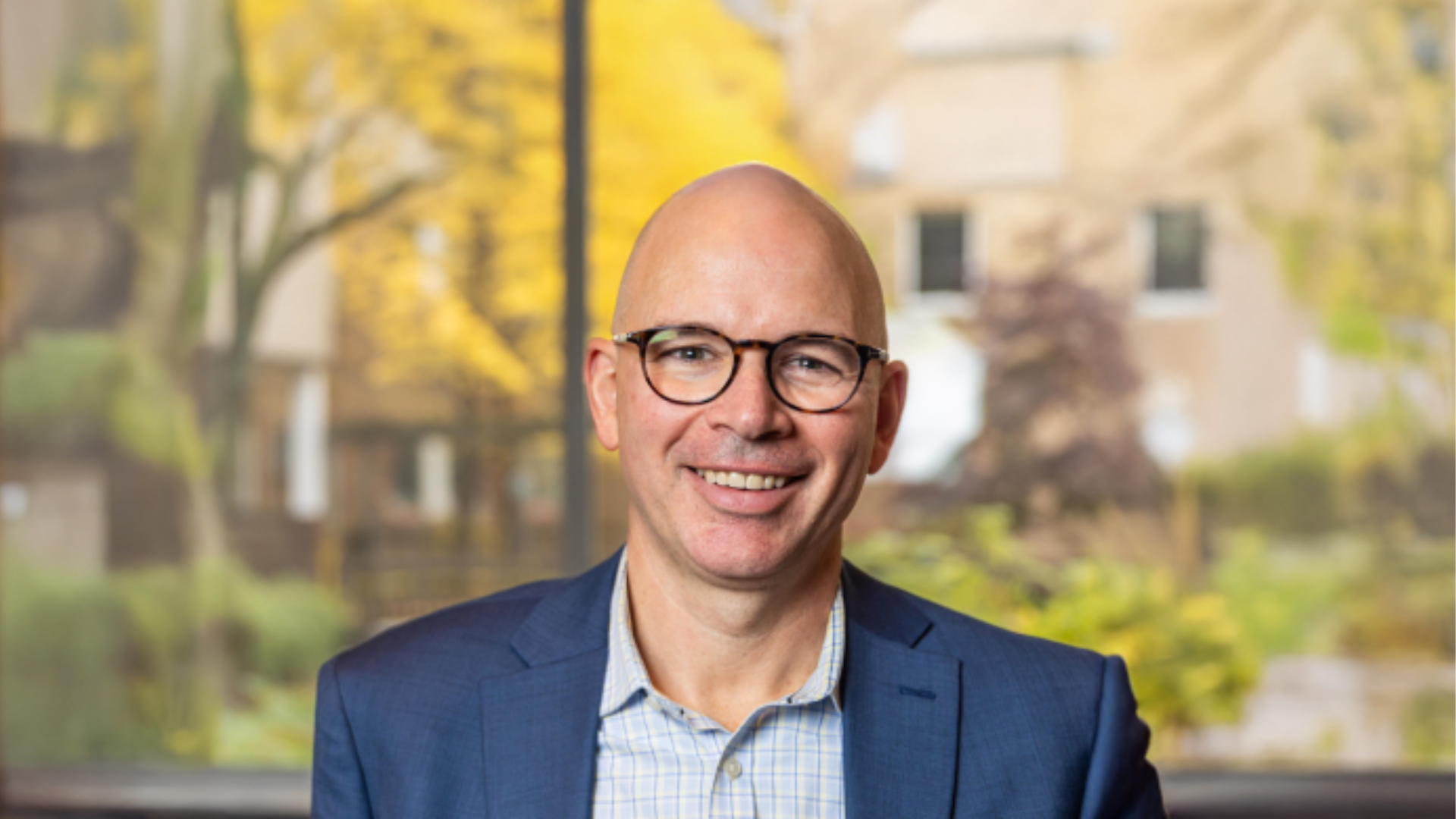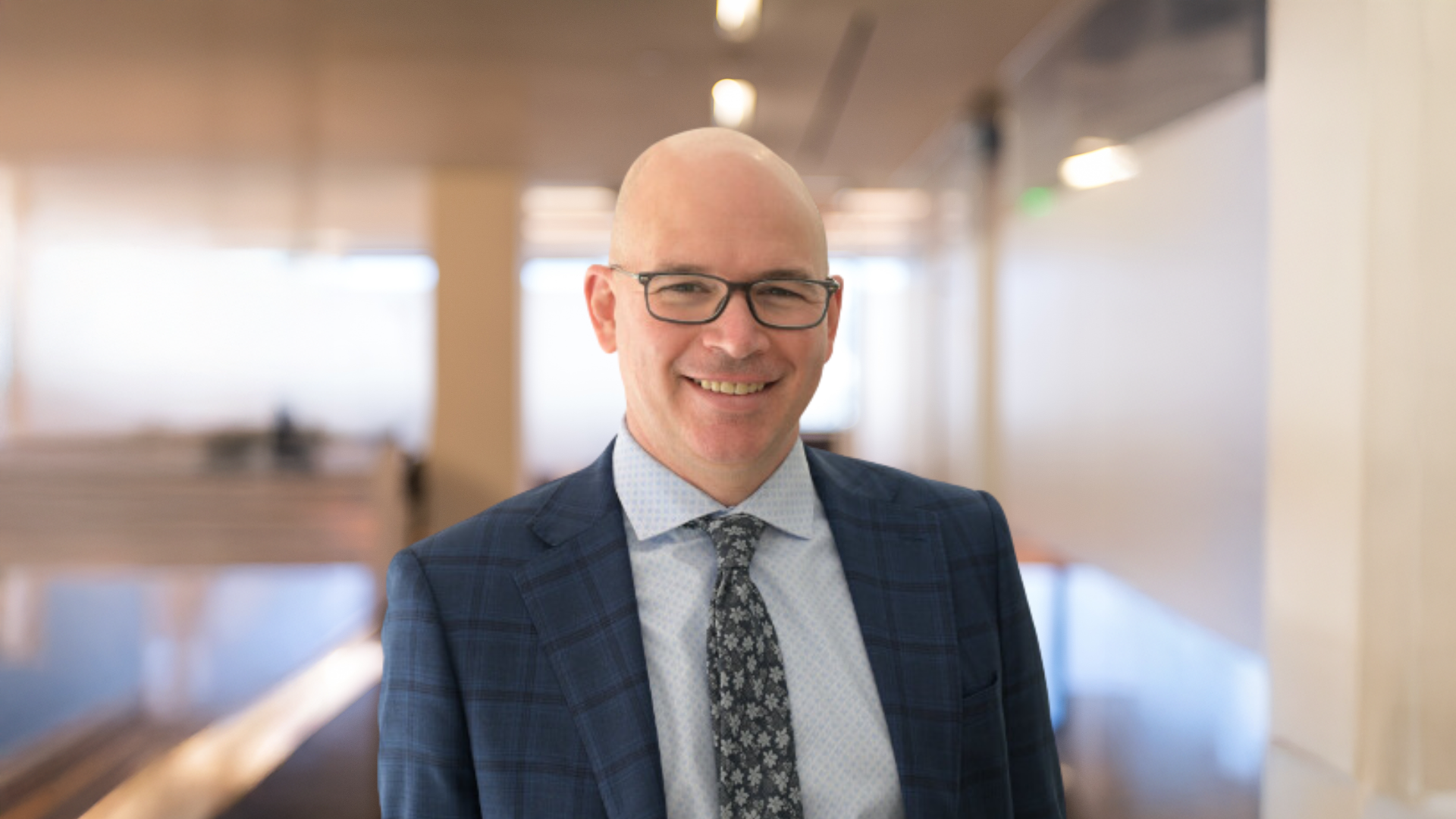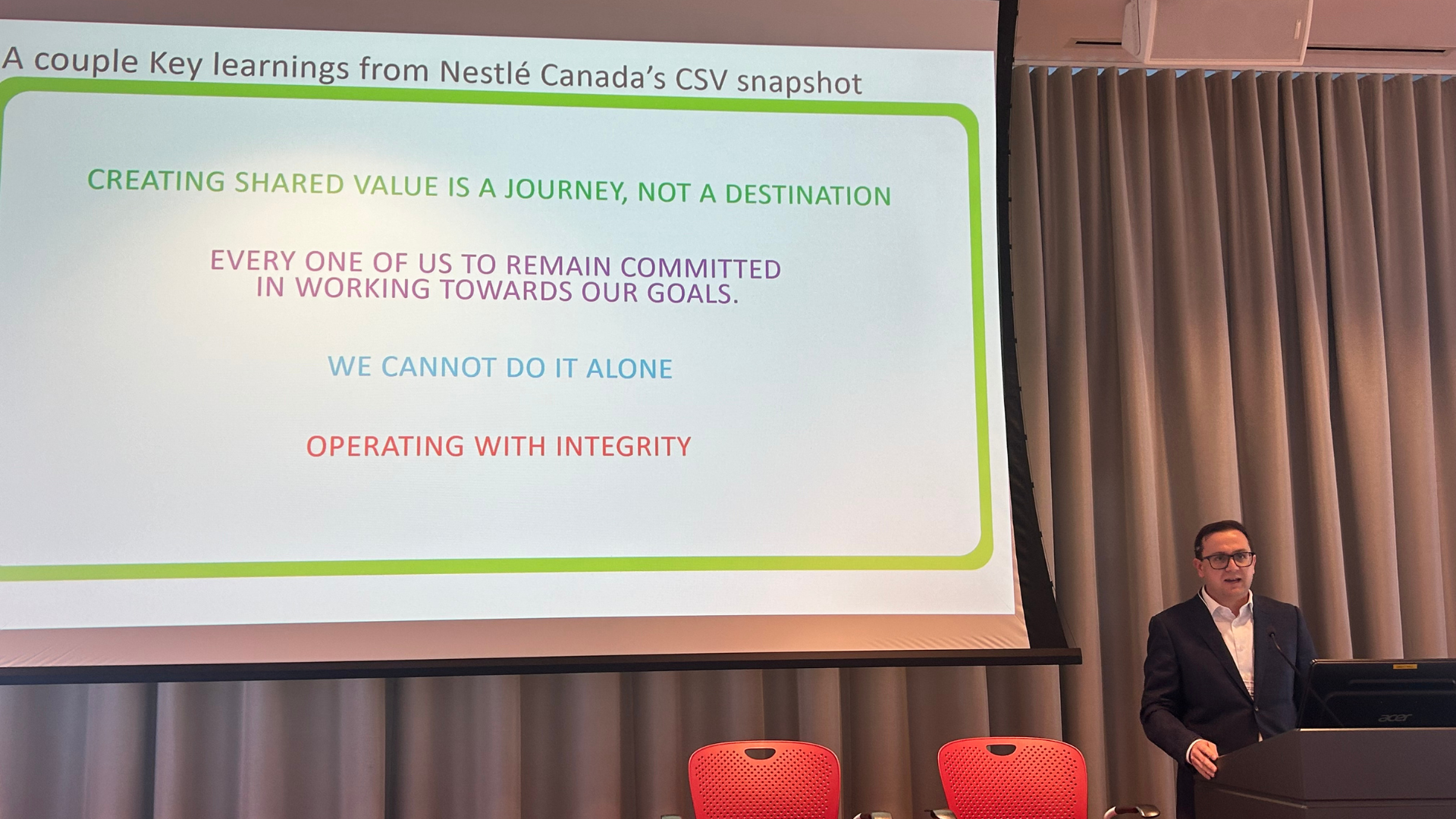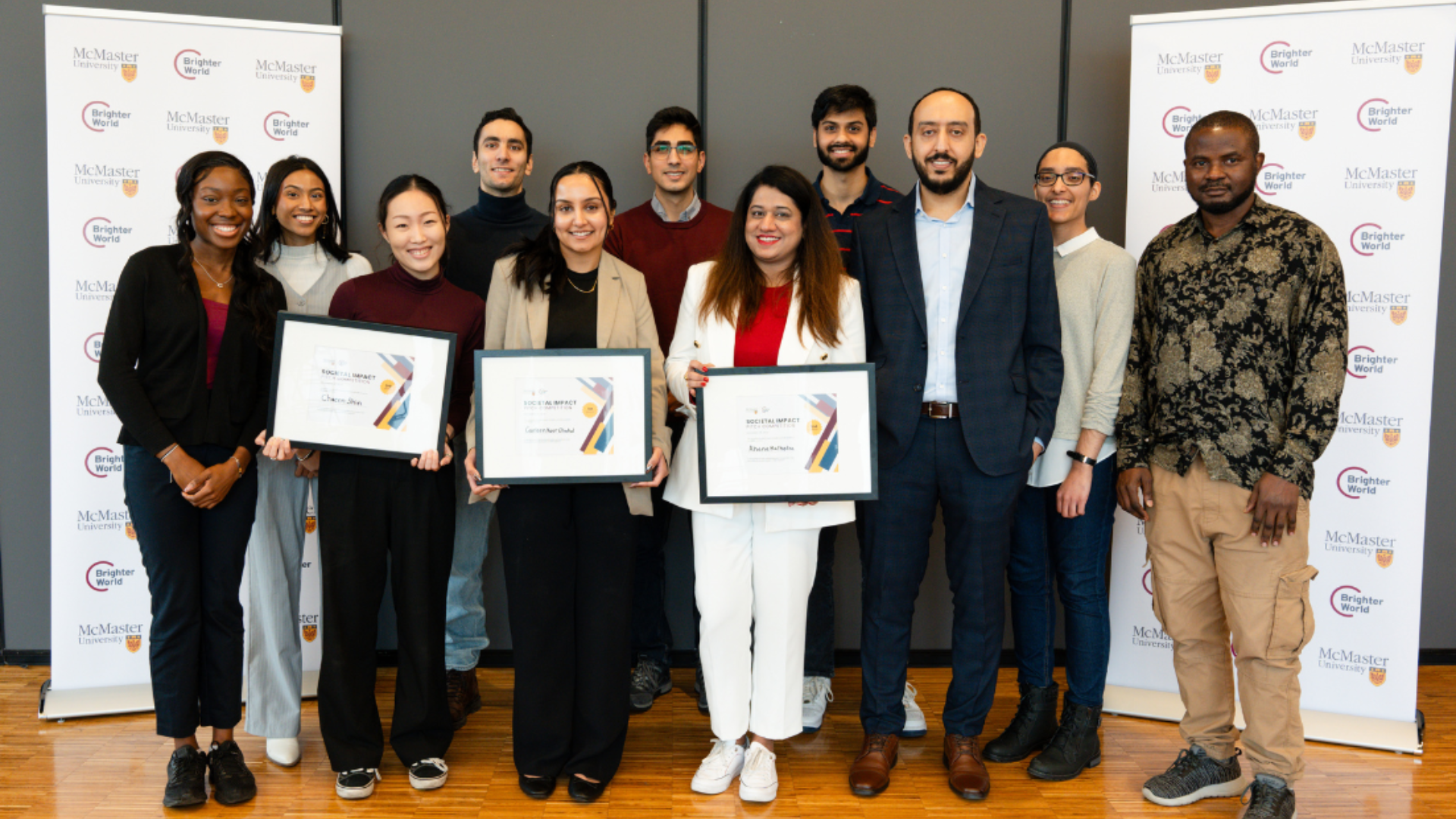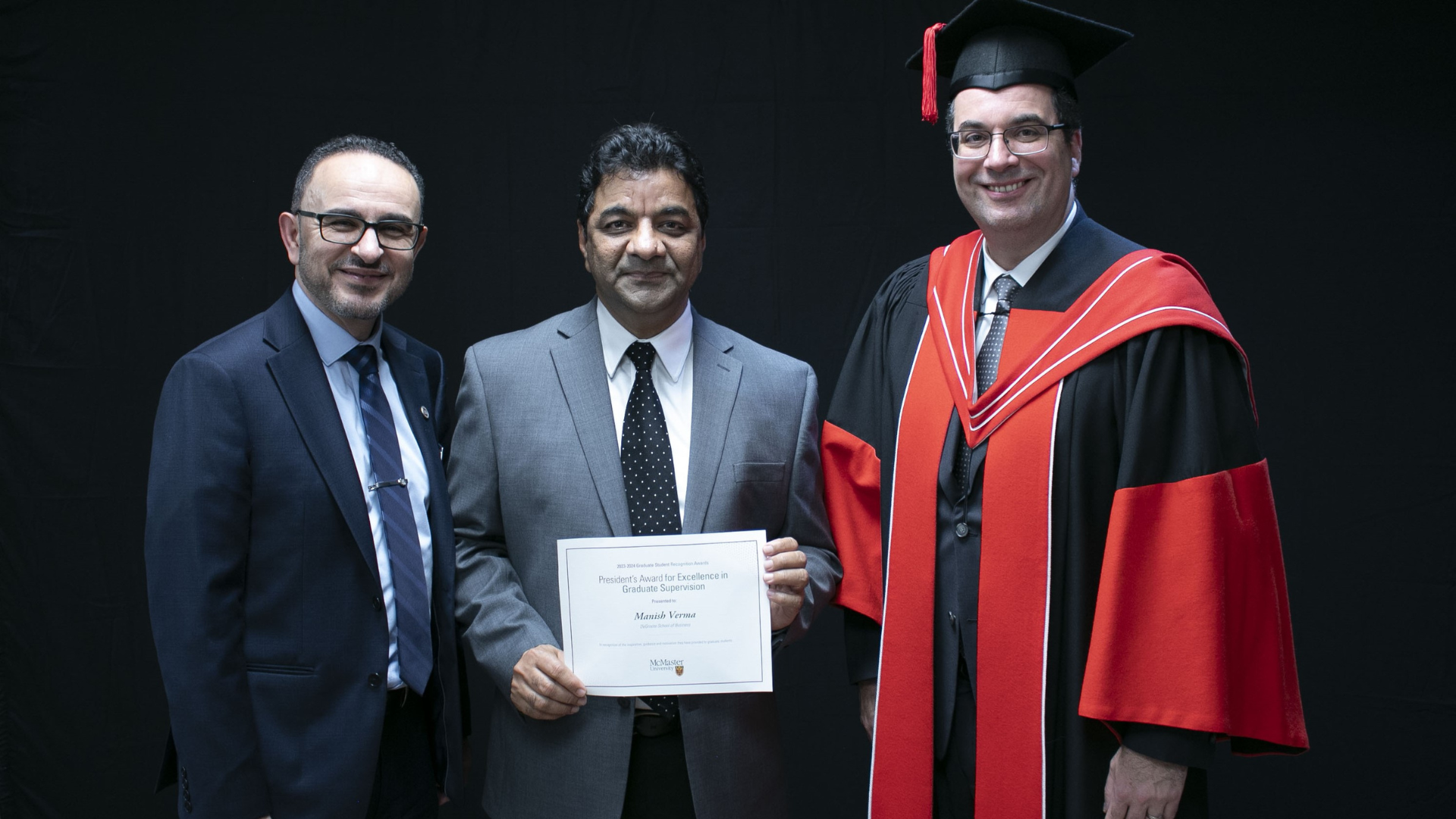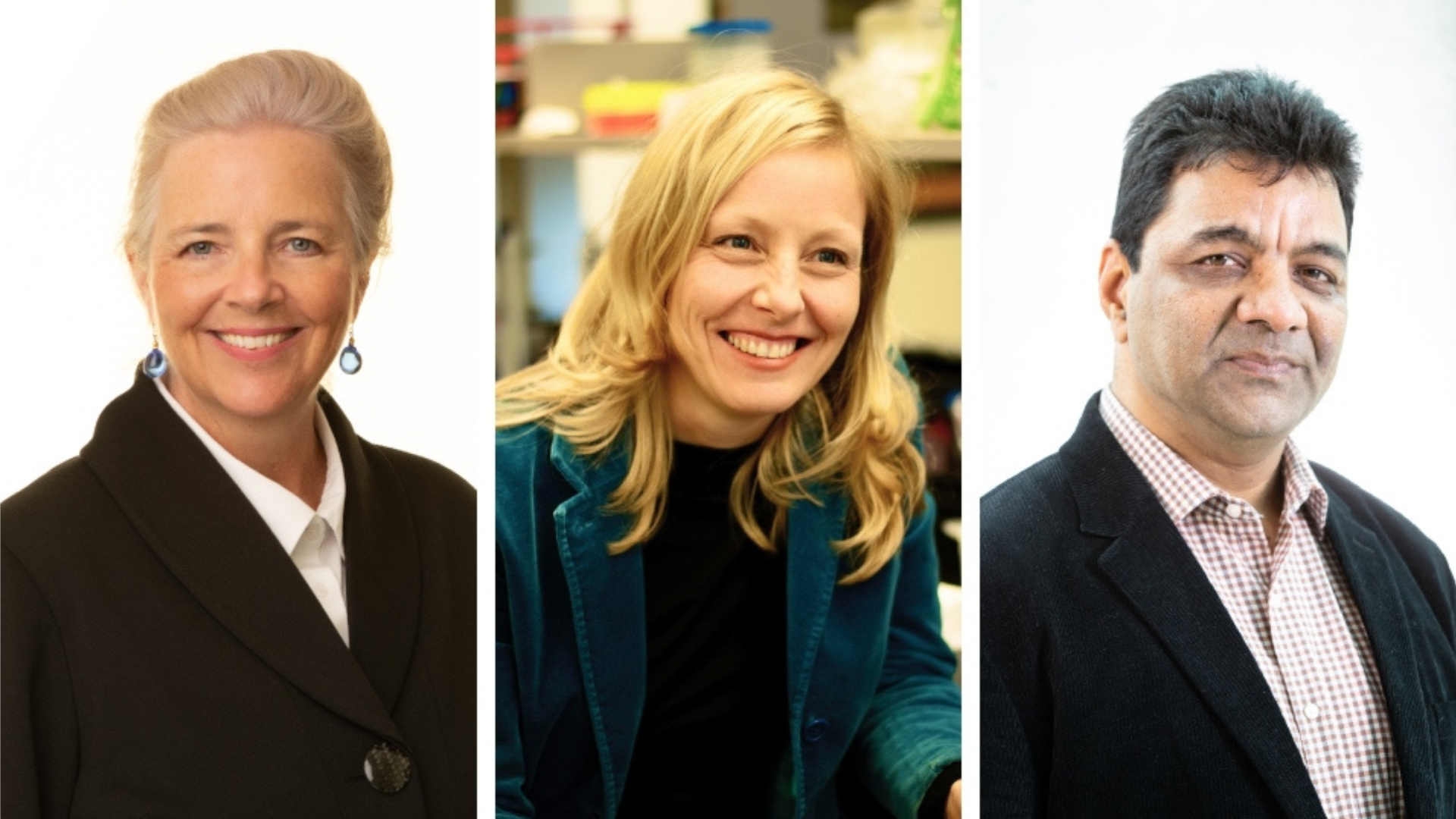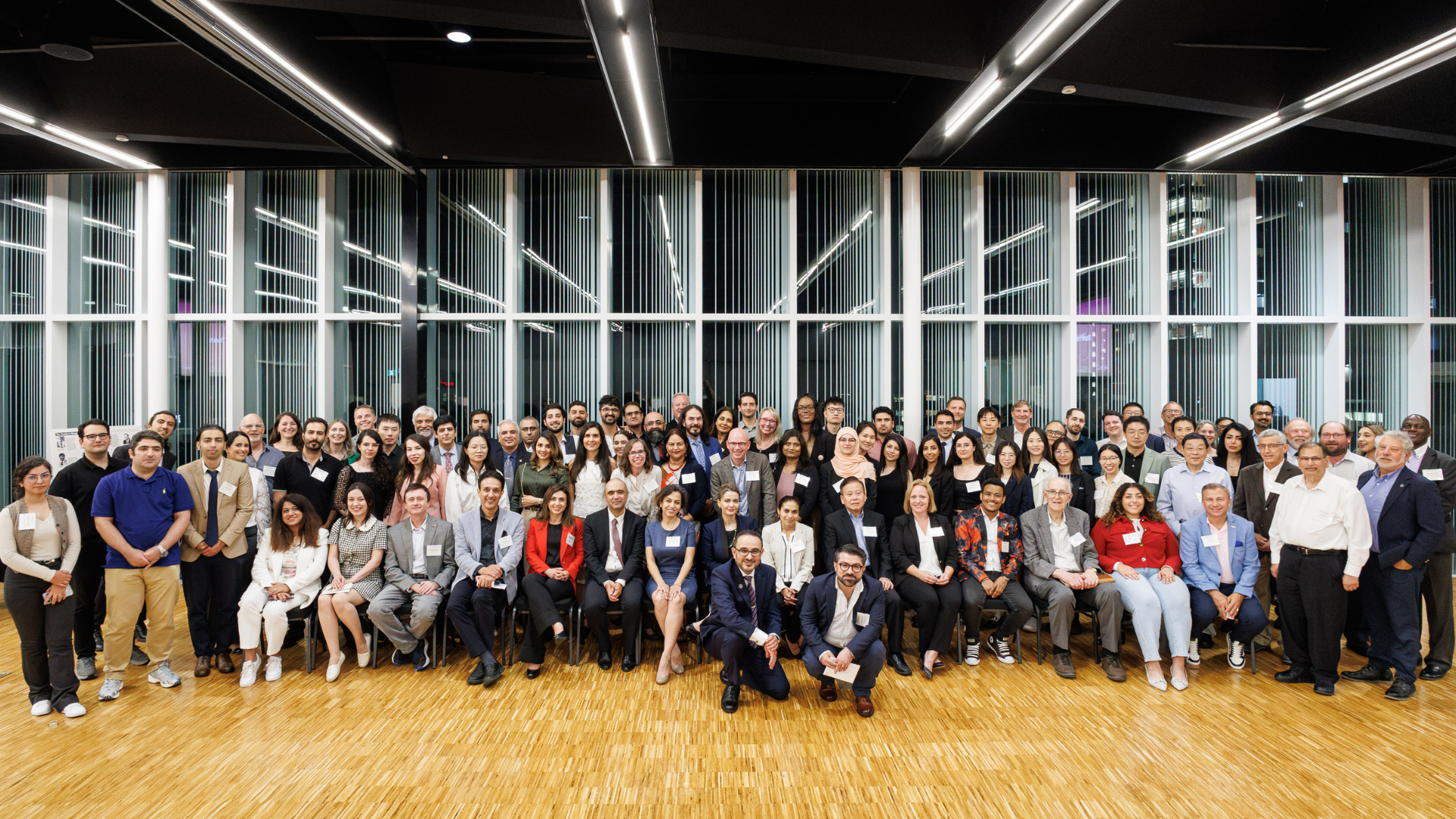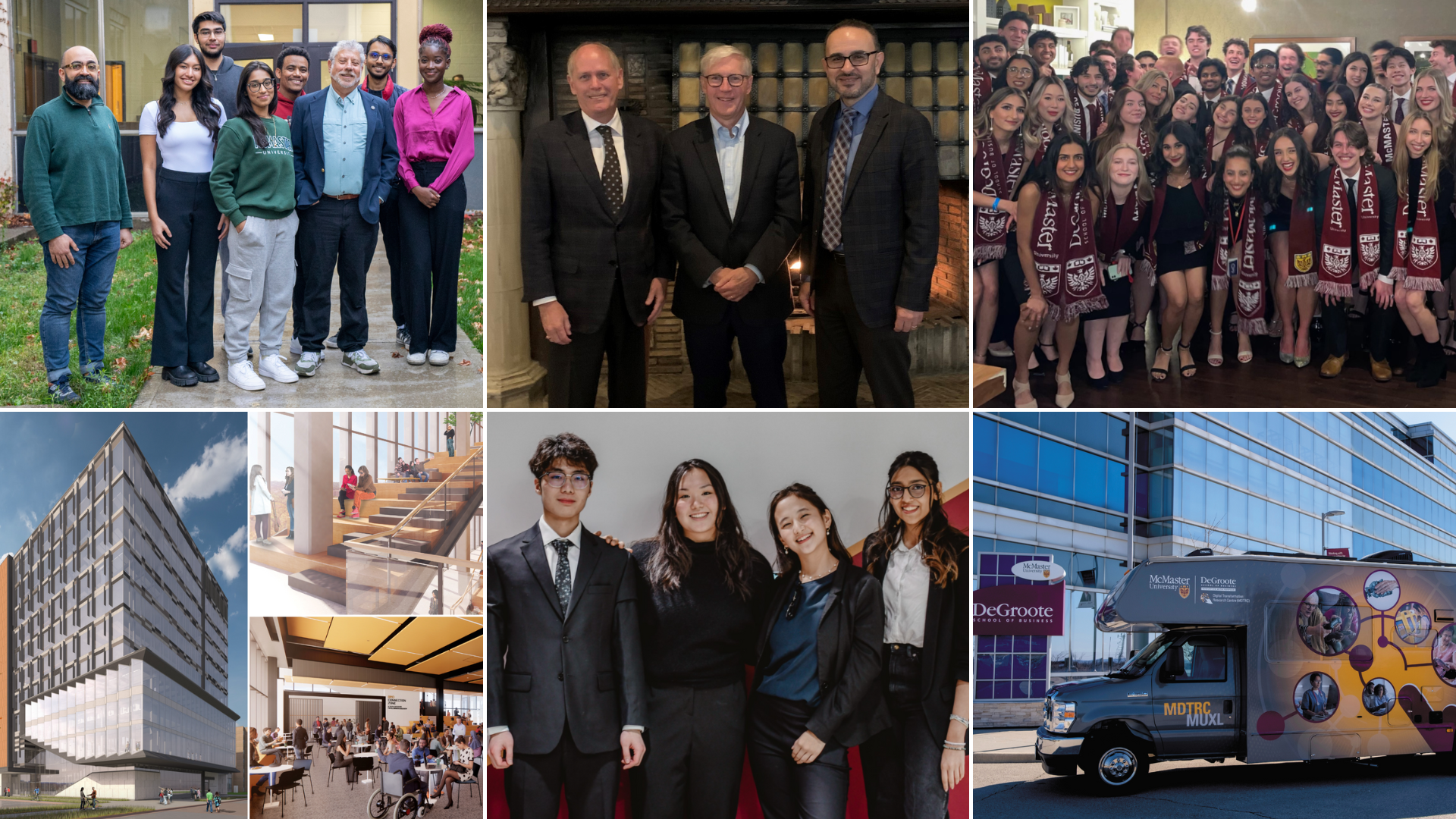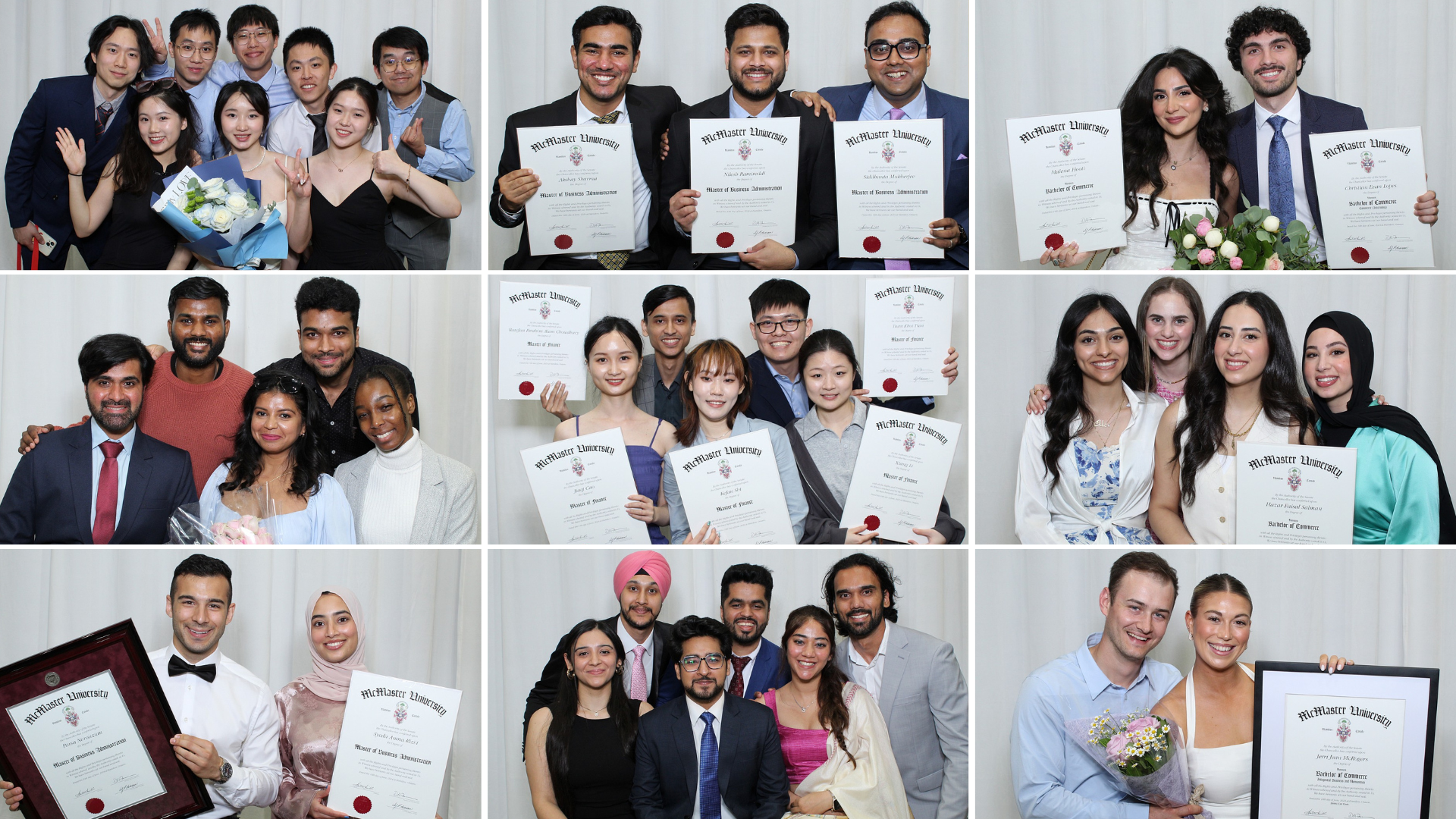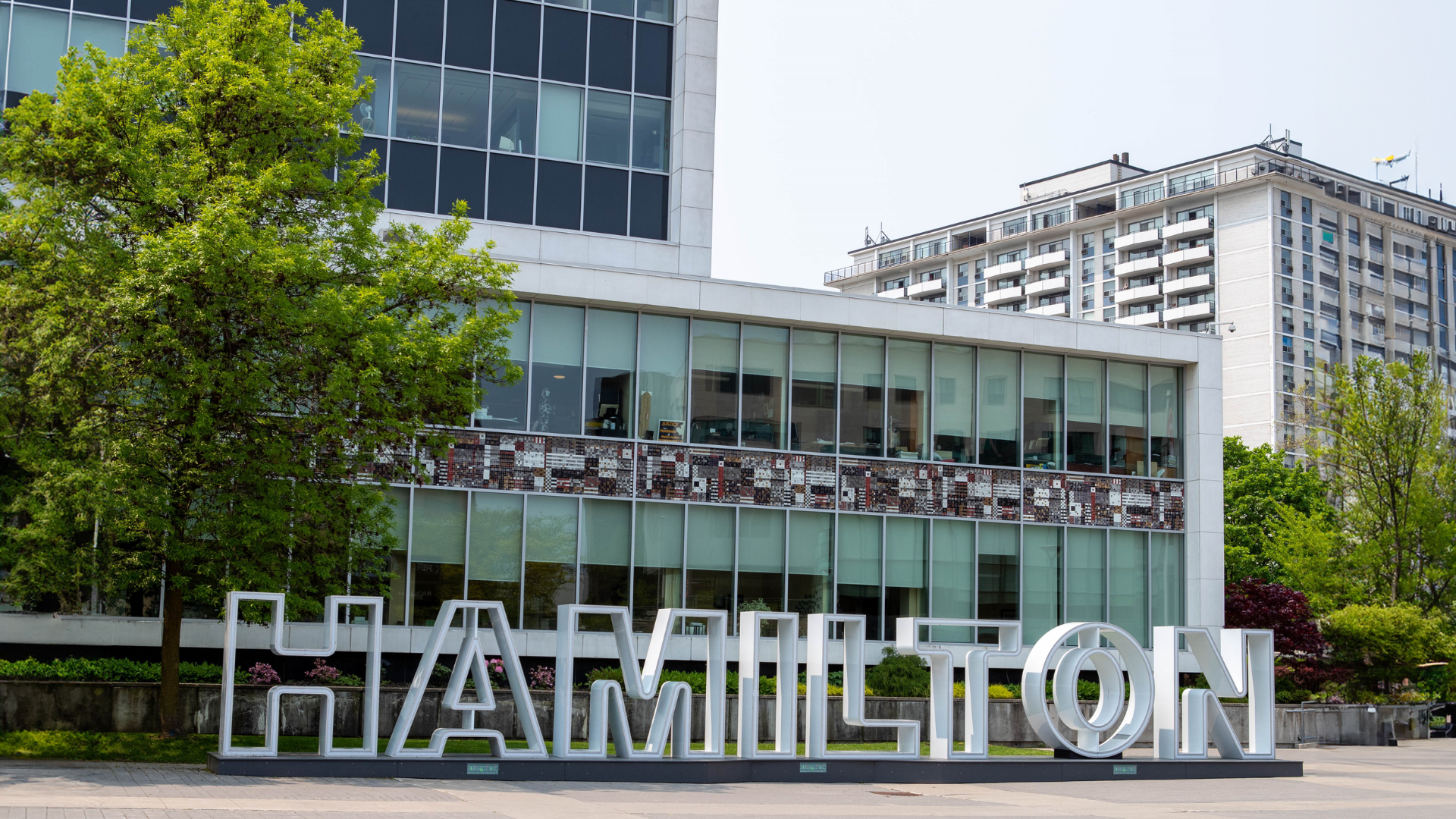Focusing on the human aspects of organizations
September 1, 2020 ·
Contributed by: Rebecca Hull, Marketing and Communications Strategist
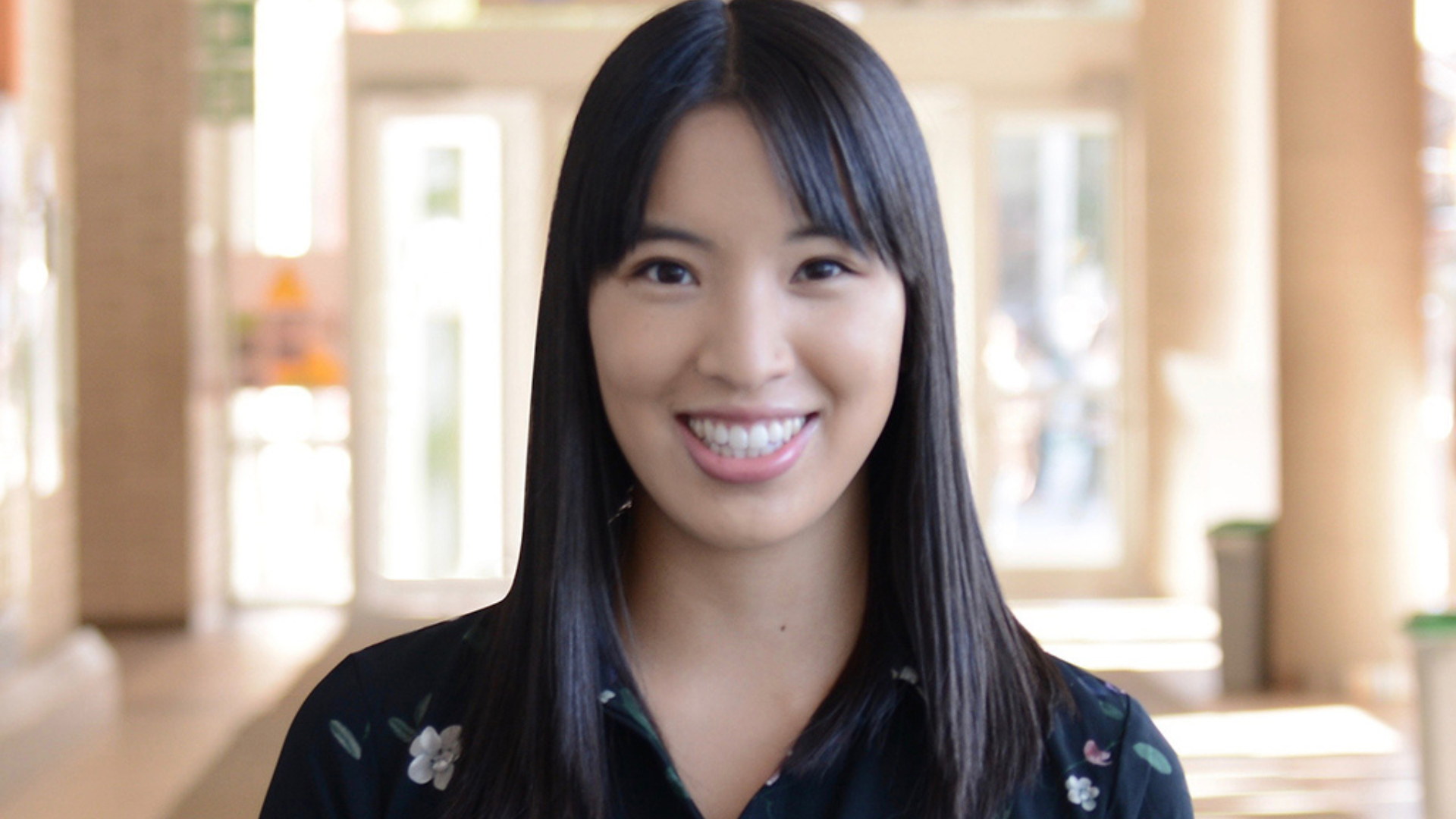
Get to Know Jennifer Ho
The Ph.D. program in Business Administration at DeGroote offers students the opportunity to study and conduct leading-edge research with top researchers in their fields. Students develop the theory and methodology required to create original research that significantly impacts the business community.
Meet doctoral candidate Jennifer Ho. She joined the PhD program in Management of Organizational Behaviour and Human Resources in September 2018. She researches workplace diversity, employee well-being, occupational stress, workplace discrimination, and positive organizational behaviour.
Why have you chosen this specific Ph.D. program?
The opportunity to be supervised and mentored by Dr. Catherine Connelly was central in my decision to choose McMaster University’s Ph.D. program in Organizational Behaviour and Human Resources (OB-HR). The student-advisor relationship is a unique aspect of the Ph.D. experience. I believe the relationship is fundamental to success in the program. Catherine has played a pivotal role in my Ph.D. journey. Her knowledge, encouragement, and guidance has helped shaped me into the researcher I am now.
What impact would you like your Ph.D. project to have?
In all of my research projects, I aim to contribute to not only theory and empirical research but also to contribute to practice. In my Ph.D. courses, there have been many discussions related to the scientist-practitioner gap. The field of OB-HR studies the behaviour of individuals and groups within organizations. I see great value in working with organizations to conduct research and apply psychology and business principles to gain insight into human resources and management challenges. In past research projects, I have had the opportunity to partner with community organizations. I hope to continue working with organizations in my Ph.D. project to pursue a research question that advances theory and contributes to the extant literature. Most importantly, I want my research to have practical implications for informing solutions to timely organizational issues.
What do you plan to do after you have completed your Ph.D.?
I am excited to begin a career in industry after I have completed my Ph.D. studies. The Ph.D. program develops transferable skills that allow Ph.D. graduates to consider diverse career paths. I am looking forward to applying my research skills and my expertise in OB-HR to different work contexts.
How does diversity strengthen a company?
Diversity can refer to many things, from diversity in race, age, gender, disability, personality to diversity in values and much more. Research has suggested that there can be positive effects of diversity on performance specifically related to information exchange and innovation. A diverse workforce exposes employees to differing perspectives, unique experiences, and varied resources, which can spur creative solutions and thus, relate to performance benefits in work units. By building an inclusive organizational culture, an organization can signal to members of a diverse workforce that the organization encompasses and values their unique experiences, knowledge, skills, and abilities.
How would an organization foster an environment of resilience for its employees?
The increasing awareness of the importance of psychological resilience has led to a growing interest in how organizations can foster a resilience-promoting environment for their employees. Research suggests that organizations can influence employees’ capacity for resilience by providing various resources, including support, flexibility, and control. Organizations can also offer resilience-building training programs, which have received growing attention. Such programs’ specific aims can range from enhancing resources to facilitating positive adaptation to managing adversity, for example. Conceptualizing resilience as a dynamic capacity that can change and develop, rather than a fixed personality trait, emphasizes that organizations can equip employees with the tools and resources to build resilience.
How does a person become resilient?
Resilience is often characterized by bouncing back or positively adapting when faced with adversity or hardship. Resilience is not one fixed personality trait or characteristic that only specific individuals possess. Instead, individuals can build resilience like a muscle. Two examples of strategies that individuals can engage in to increase their capacity for resilience include building strong social connections and maintaining an optimistic outlook. Research suggests that social support is essential in promoting resilience. Strong social connections can promote resilience by decreasing physiological stress levels, supporting emotional well-being, and providing practical support in managing challenging or threatening situations. Research also suggests that individuals who bounce back from adversity tend to interpret challenges as temporary and changeable. Individuals can maintain an optimistic outlook by reframing setbacks and looking for the potential opportunities of uncertain or difficult situations. It is important to note that different strategies for developing resilience will differ from individual to individual, depending on one’s strengths, skills, and experiences.

